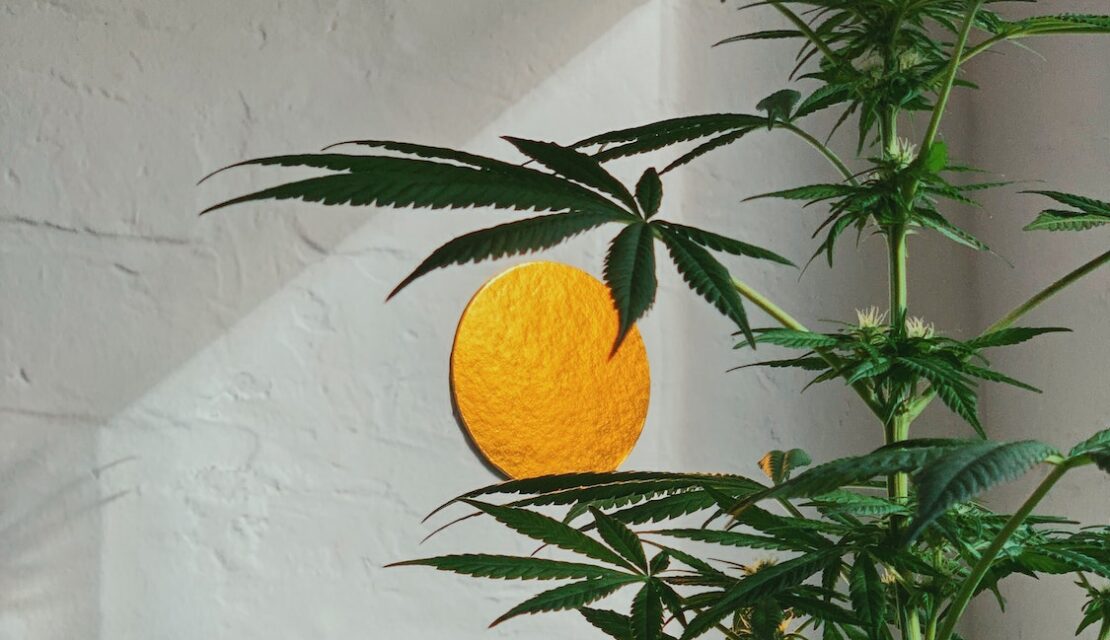California Home Grower Laws and Regulations

The first step in growing your own cannabis at home is knowing what the laws are. By knowing the laws you can protect yourself from unnecessary problems. Here we will outline what is currently legal in California. Since laws and regulations can change, always check on current standards when you want to do something new or different.
The Adult Use of Marijuana Act (AUMA) also known as Prop. 64 was passed on November 8, 2016. This act allows adults who are 21 or older the right to privately use, possess, or give away any amount of cannabis equal to or less than 1 ounce, which is just over 28 grams.
AUMA allows adults 21 and over to cultivate up to 6 cannabis plants at home for personal use. Keep in mind that while the law allows you to grow plants, you can still have issues with landlords and building owners. They retain the right to prohibit cannabis use.
The Basics
If you decide to grow at home the following laws are important to keep in mind:
· Possession of any cannabis over one ounce in a private residency must not be visible to a public place. And, it must be stored in a locked container or space.
· Each residence is allowed a maximum of 6 plants at one time
· Local governments can impose reasonable restrictions on cultivation. However, personal cultivation in a residence or a fully enclosed, secured residential structure is acceptable.
Need to Know
Once you’ve grown your stash and have some to enjoy, do make sure to observe the following cannabis use laws:
· No smoking, vaporizing, snacking, or topical use of cannabis products is allowed in any public place. This means no pot brownies at your picnic. No toking while taking a walk. And, generally avoiding all cannabis use when you’re in a public space.
· No smoking or vaping cannabis in a non-smoking area. Only use designated areas for smoking.
· While driving or riding in any transportation you can’t ingest cannabis or have an “open container” (such as loose, open, or unsealed cannabis items). This also includes cannabis edibles. However, it is acceptable to keep these items in your trunk.
· Using or possessing cannabis on school, youth center, or daycare properties when children are present will result in a fine.
· Using a volatile solvent such as butane without a state-manufacturing license to make cannabis concentrates is illegal for home growers.
Lastly, even with the great strides made in legalizing cannabis, you need to know that AUMA doesn’t have a direct impact on your specific work and living situations. Employers have the right to forbid the use of cannabis at the workplace. And, landlords, property owners, building owners, and government agencies have the right to restrict or prohibit cannabis on their properties.
Now that you know what you can and can’t do, it’s time to get growing!
We would love to hear your feedback related to growing cannabis at home. Have you had disagreeable neighbors? What are some of the problems you face growing at home? What is your preferred strain and why?
If you enjoyed this article please comment, like, or share! You can find more articles here.
Are you looking to venture into the legal marijuana industry in California? Don’t do it alone! WeCann can walk you through the difficult cannabis licensing process saving you time and money. Finding cannabis-friendly real estate in California has never been easier! We have a database filled with cannabis business opportunities. Contact us today for a consultation and find out how WeCann can assist you.




